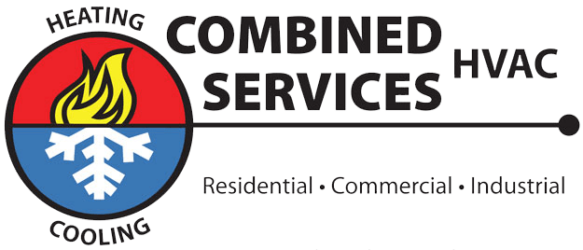The role of an HVAC system in maintaining comfortable temperatures and high air quality within our homes and workplaces is often underappreciated. But when our trusty systems falter, casting us into the abyss of stifling heat or frost-chilled despair, it’s clear that an operational and efficient HVAC is not just a luxury—it’s a necessity. A critical decision every property owner faces is the choice of who will care for and maintain their HVAC system.
Safety and Compliance
HVAC systems can be intricate, and their mechanical operations are not without risk. This risk is not solely due to the operation of the system but during maintenance and installation as well. A licensed HVAC contractor is part of a regulated industry that oversees safety standards and practices. This not only protects the technician but also ensures that your home or office is safe from potential hazards, like carbon monoxide leaks or fire risks. Compliance with local building codes is another layer of assurance that licensed professionals bring to the table. These regulations exist to minimize any adverse impact on the environment and your surroundings. A non-licensed technician may inadvertently overlook crucial safety measures, potentially leading to catastrophic events.
Quality Workmanship
When it comes to the heating, cooling, and ventilation of the spaces we inhabit, a high-quality job is non-negotiable. A licensed HVAC contractor brings with them not just a skill set, but a professional standard of workmanship. Training, education, and experience culminate in a meticulous approach to installations and repairs that guarantee the operational efficiency of your system. From accurate equipment sizing to precise ductwork, the intricacies involved in an excellent HVAC job are numerous. A subpar installation, even if slightly off, can cause your system to work harder, age faster, and not function as intended.
Longevity of Equipment
Installing an HVAC system is often a considerable investment. It stands to reason, then, that maximizing the system’s life expectancy is a priority. Licensed contractors understand the fine balance of installation, ensuring not just that the system works efficiently but also that it’s well-protected from unnecessary wear and tear. This translates to proper handling and safeguarding of the system during installation, meeting all manufacturer specifications to maintain the warranty, and a thorough job that addresses all aspects of the HVAC system. A thorough installation also ensures that your air conditioning and heating equipment is not overworked during operation, which consequently extends its life.
Efficiency and Savings
Opting for a licensed HVAC contractor is not just about avoiding potential issues; it’s also a gateway to cost-efficiency. A well-installed and maintained system runs efficiently, consuming less energy over time compared to a system that is improperly installed or maintained. Energy-efficient systems with proper airflow and insulation techniques can significantly lower your energy bills, leading to long-term savings. In contrast, a system that operates inefficiently not only costs more to run but also increases the likelihood of breakdowns and other costly issues.
Conclusion
In conclusion, the decision to engage a licensed HVAC contractor is not just a formality; it is an investment in your safety, comfort, and financial well-being. It is a choice that ensures your system is in the hands of professionals who are knowledgeable, skilled, and dedicated to delivering the best possible service. In an industry where precision can mean the difference between comfort and catastrophe, the licensed contractor is a line of defense that no homeowner or business owner should compromise on. It takes mere diligence to demand the stamp of professional licensure, and the returns in safety, quality, and savings are immeasurable. It is, unequivocally, a choice that every prudent custodian of an HVAC system must make.
